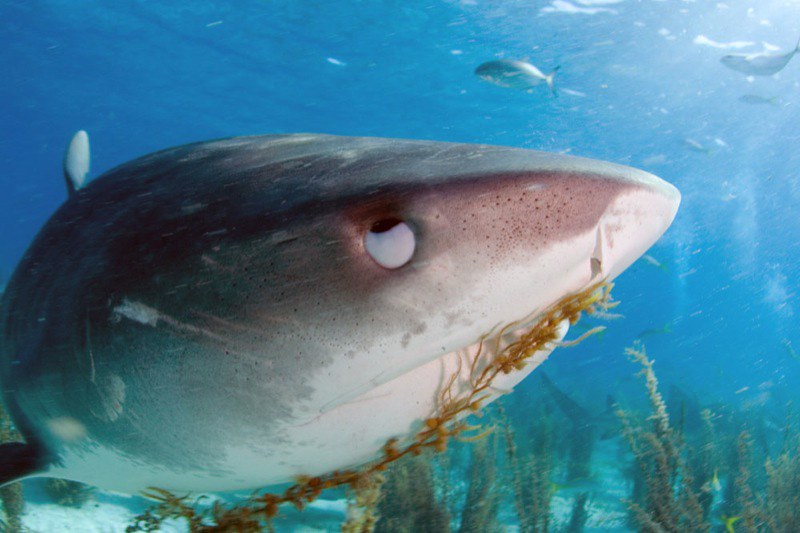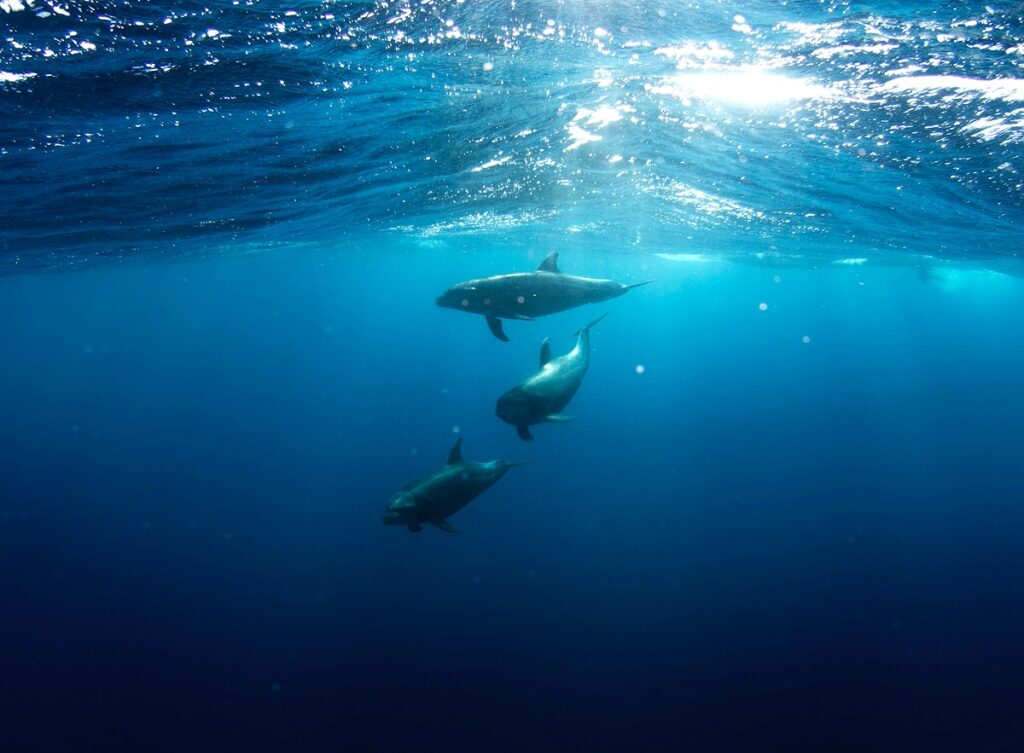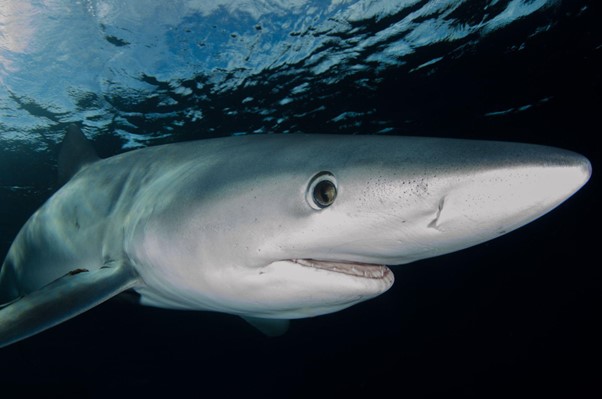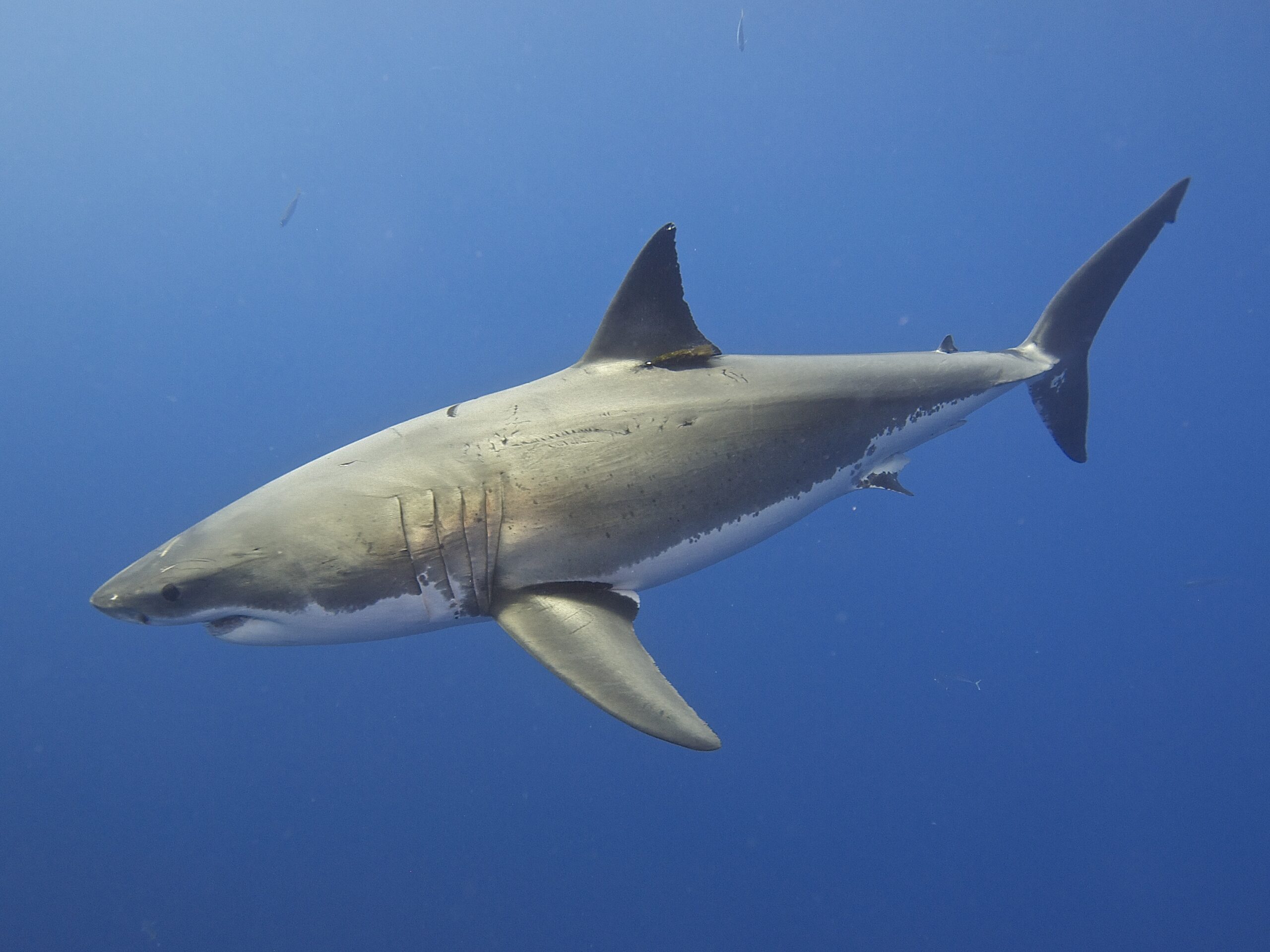Don’t roll your eyes at me! A phrase absolutely hits the title. No doubt! Sharks have been blessed with well-developed senses, they can smell even a single drop of blood in the ocean water but what about sense of sight? Are they really having the ability to roll their eyes? Let’s explore more about the captivating facts of shark’s eye and join us to discover more about them you need to know.
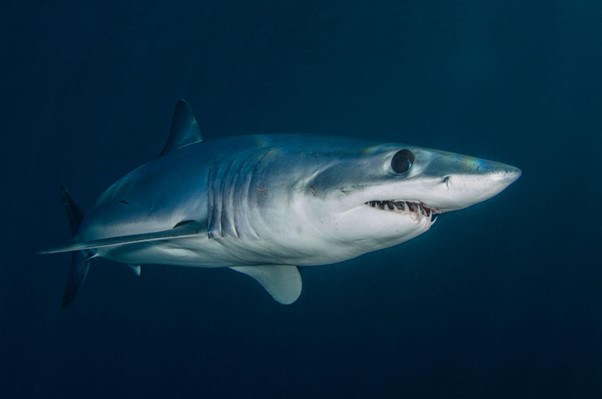
The shark’s eyes – Can sharks see?
Like human’s eyes, shark’s eyes contain cornea, iris, lens and retina, and completely resemble vertebrate eyes in structure and function. Sharks have the ability to see in the musky and deep ocean water. A layer of special tissue called “Tapetum lucidum” located behind the retina which reflects the light back to the retina thus increasing the visibility of sharks even in the dim light or in the dark.
Do sharks have eyelids?
Most people do not know that sharks have eyelids, but they lack the capability of blinking as the water in the surrounding wash up their eyes. The eyelids also provide protection from damage when they capture the prey or from enemies’ attack.
What methods do they adopt to protect their eyes?
During hunting or attacking, sharks adapt different strategies to protect their eyes from any harm. The first technique is the protection by the nictitating membrane. This membrane protects the shark’s eye during fight, attack or when they begin to hunt. The nictitating membrane is a transparent but visible layer present under the eyelid to shield the eyeball.
However, some species of sharks like Great white shark have the ability to roll their eyes when they sense danger or bite the prey because they lack a nictitating membrane. When these sharks roll their eyes completely in their head which is called ocular rotation, the eye socket turns completely white – just like zombie sharks! An extremely tough lump of cartilage covering the eyeball protects the optical organs. And this makes their eyes turn white when attacked.
Are sharks blind during the attack?
No! Sharks are not blind normally, in fact they have 2 blind spots one is right in front of their snout and the other is located behind their head. But during the attack, as cartilage covered the eyes and made it completely white, they were blind but this lasted for some time. In the meantime, sharks depend upon their electroreception sense – meaning they are capable of detecting the electric fields or vibration produced in the water , which helps them to locate their prey and attack back.
Do sharks have good eye vision?
It has been assumed that sharks do not have good vision but that’s not true sharks have very well developed eyesight as they were able to see even in the dark or in dim light and largely dependent on eyesight while attacking the prey. Sharks also have the ability to switch their vision from stereoscopic (are capable of having three dimension vision) to monocular vision (capable of combining images from each eye and give it a particular form distance and depth).
What does it conclude?
Sharks protect their eyes from injuries either by nictitating membranes or rolling them back in the head during hunting the prey or fighting or attacking the enemies. The description in the articles demonstrated that sharks have well developed features and for many sharks, sight plays a key role while searching for their food. But rolling of the eye and nictitating membrane makes it completely blind during the attack, so they have to rely on their other senses like electroreception to detect the prey movement and smell.

